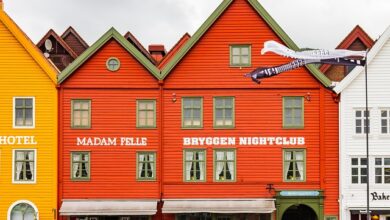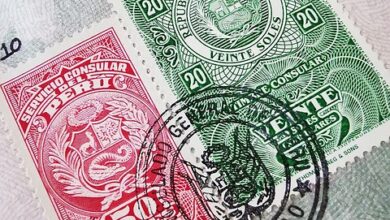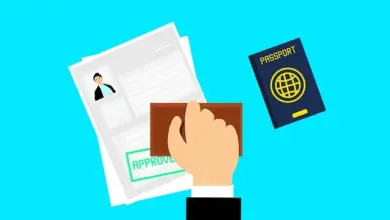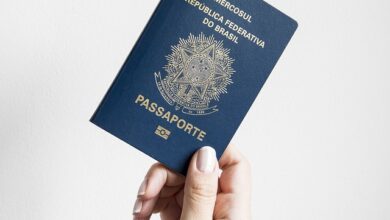How Long Does It Take to Get Belgian Citizenship?
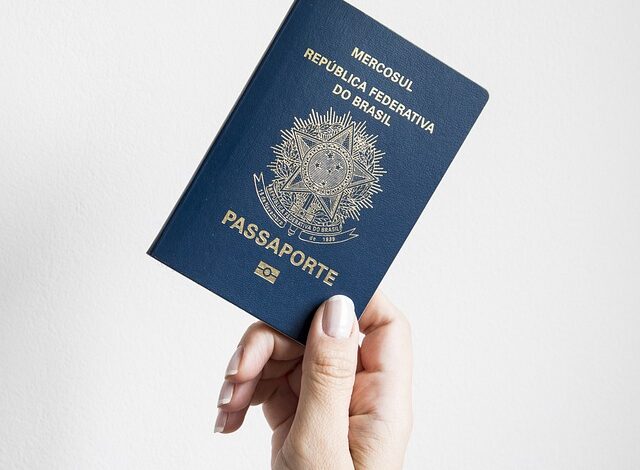
Becoming a Belgian citizen is a significant milestone for many expats, offering access to the benefits of EU citizenship, including freedom of movement across the Schengen Area, social welfare, and political rights. However, the process of obtaining Belgian citizenship can be lengthy and involves several steps, including residency requirements, language proficiency, and integration into Belgian society. In this article, we’ll break down the timeline and key factors involved in acquiring Belgian citizenship.
1. General Overview of the Belgian Citizenship Process
Belgian citizenship can be obtained through several pathways, including:
- Naturalization : For non-EU citizens who have legally resided in Belgium for a specified period.
- Declaration : For individuals married to a Belgian citizen or born in Belgium.
- Dual Citizenship : Belgium allows dual or multiple citizenships, so you don’t have to renounce your original nationality.
The most common route for expats is naturalization , which requires meeting specific residency, integration, and language requirements.
2. Residency Requirement
The first and most critical step in obtaining Belgian citizenship is fulfilling the residency requirement . The length of time you must live in Belgium depends on your circumstances:
a. Non-EU Citizens
- Standard Residency Period : 5 years of continuous legal residence in Belgium.
- Exception : If you are married to a Belgian citizen, the residency requirement is reduced to 3 years (with at least 1 year spent living together in Belgium).
b. EU/EEA/Swiss Citizens
EU citizens benefit from slightly more lenient rules due to freedom of movement within the EU. However, they still need to meet the same 5-year residency requirement for naturalization.
c. Stateless Persons or Refugees
Individuals recognized as stateless or refugees may apply for citizenship after 3 years of legal residence.
3. Integration and Language Proficiency
In addition to residency, applicants must demonstrate their integration into Belgian society. This includes passing a civic integration exam and proving proficiency in one of Belgium’s official languages: Dutch, French, or German.
a. Civic Integration Exam
The civic integration exam tests your knowledge of Belgian history, culture, politics, and societal values. Preparation courses are available, and passing the exam is mandatory for citizenship.
b. Language Proficiency
You must demonstrate proficiency in the language of the region where you reside:
- Flanders : Dutch (level A2 or higher).
- Wallonia : French (level A2 or higher).
- Brussels : Either French or Dutch (level A2 or higher).
Language certificates from recognized institutions or completion of integration courses can serve as proof of proficiency.
4. Application Process
Once you’ve met the residency and integration requirements, you can submit your application for Belgian citizenship. Here’s an overview of the process:
a. Submitting the Application
- Applications are submitted to the local municipality where you reside.
- Required documents typically include:
- Proof of identity (passport or ID card).
- Proof of legal residence (e.g., residence permit).
- Language proficiency certificate.
- Results of the civic integration exam.
- Criminal record check (from both Belgium and your home country).
b. Processing Time
The processing time for citizenship applications varies depending on the municipality and the complexity of the case. On average, it takes 6 to 12 months for the application to be reviewed and approved. However, delays can occur if additional documentation or clarification is required.
5. Oath of Allegiance
Once your application is approved, you’ll be invited to take the oath of allegiance to Belgium. This ceremony formalizes your status as a Belgian citizen. Afterward, you’ll receive your Belgian ID card and passport.
6. Total Timeline
Here’s a summary of the total time it typically takes to obtain Belgian citizenship:
| Step | Timeframe |
|---|---|
| Legal Residency Requirement | 3–5 years (depending on circumstances) |
| Civic Integration Exam Preparation | 3–6 months |
| Language Proficiency Certification | 3–12 months (depending on level) |
| Citizenship Application Processing | 6–12 months |
| Total Estimated Time | 4–7 years |
7. Factors That Can Accelerate or Delay the Process
Several factors can influence how quickly you obtain Belgian citizenship:
a. Accelerating Factors
- Marrying a Belgian citizen (reduces residency requirement to 3 years).
- Being stateless or a recognized refugee (3-year residency requirement).
- Completing integration courses and exams promptly.
b. Delaying Factors
- Gaps in legal residency (even short absences from Belgium can reset the clock).
- Missing or incomplete documentation.
- Delays in scheduling the civic integration exam or language test.
- Backlogs at the municipal or federal level.
8. Dual Citizenship
One advantage of Belgian citizenship is that Belgium allows dual or multiple citizenships. This means you can retain your original nationality while becoming a Belgian citizen, provided your home country also permits dual citizenship.
9. Common Challenges
While the process is straightforward for many, some challenges may arise:
- Integration Requirements : Passing the civic integration exam and proving language proficiency can be difficult for some applicants.
- Residency Tracking : Maintaining continuous legal residence without interruptions is crucial.
- Bureaucratic Delays : Administrative processes in Belgium can sometimes be slow, especially at the municipal level.
